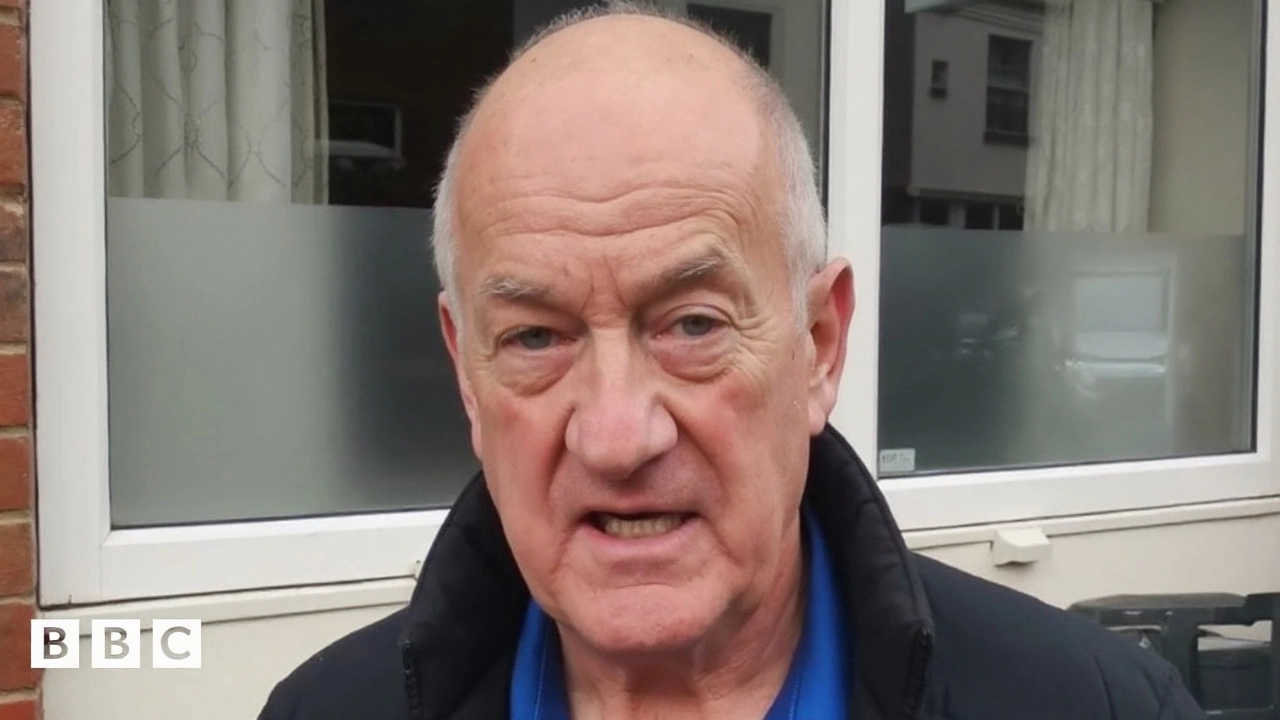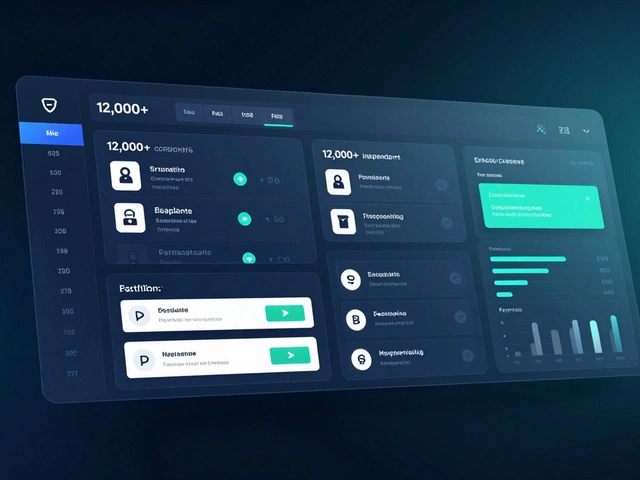UK Labour Government – What It Means for You
Ever wonder why the Labour Party keeps popping up in the news? Whether you’re a seasoned voter or just curious about British politics, the Labour government shapes a lot of what you see on the streets, in schools, and on your paycheck. In this guide we’ll break down the basics, give you a quick look at the party’s history, and show how current policies touch your daily routine.
From the Early 1900s to Today: A Quick History
The Labour Party started in 1900 as a voice for workers who felt left out of the old parties. It grew fast, winning its first government in 1924, then again in 1945 under Clement Attlee – the era that brought the NHS, free school meals and nationalized industries. Fast‑forward to the 1990s, Tony Blair’s “New Labour” mixed market ideas with social goals, keeping the party in power for ten years. Today, the party is back in government under Prime Minister Keir Starmer, aiming for a greener economy and stronger public services.
Key Policies Shaping Everyday Life
Health: The Labour government is pushing for more NHS funding, shorter wait times, and mental‑health services in schools. If you’ve ever struggled to get an appointment, these changes could mean quicker care.
Education: Free university tuition for students from low‑income families and larger class‑size caps are on the table. That translates to less debt for many graduates and a better learning environment for kids.
Economy: Labour proposes a higher minimum wage and tax reforms that put more money into public housing and local infrastructure. For renters and low‑paid workers, this could mean more affordable homes and better transport links.
Climate: The government has pledged a net‑zero target by 2050, with subsidies for electric cars and stricter limits on coal plants. If you’re thinking about swapping your car or installing solar panels, you might see new incentives soon.
Social Justice: New anti‑discrimination laws and a push for equal pay aim to close gaps for women and minorities. In practice, that could bring more transparent salary structures at work.
Staying informed is easier than ever. Sign up for local council newsletters, follow the party’s official social accounts, and don’t skip community meetings. Knowing what’s on the table helps you decide how to vote, who to talk to, and where to channel your activism.
Bottom line: The UK Labour government’s decisions ripple through health, education, the economy and the environment. By understanding the basics, you can see how the policies affect your pocket, your health, and your future. Keep an eye on upcoming budgets, ask questions at town halls, and make your voice count – that’s the simplest way to turn politics into something that works for you.

Angela Rayner resignation: Deputy PM quits over stamp duty error, shaking Labour’s early months in power
UK Deputy Prime Minister Angela Rayner has resigned after an inquiry found she fell short of ministerial standards over an underpaid property tax on a Hove flat. She admitted the error, referred herself for investigation, and took responsibility. The report said she acted in good faith but should have sought detailed advice. Prime Minister Keir Starmer accepted her resignation with regret.
View More


